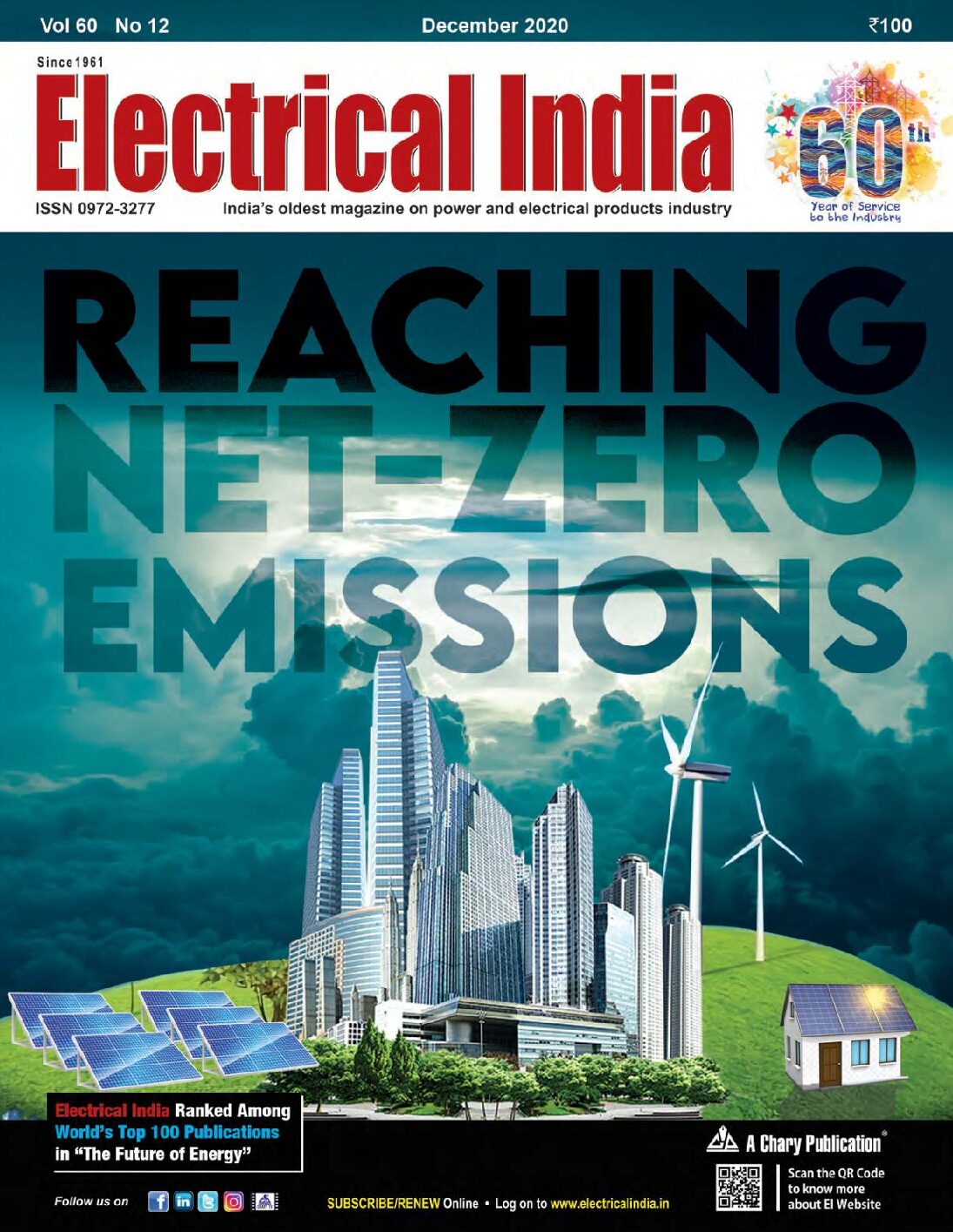
Indian healthcare sector
According to the department of commerce, Govt. of India, the Indian healthcare sector is one of the fastest growing industries and was sixth largest market globally in terms of size in 2015. Healthcare revenue in India is set to reach $ 280 billion by 2020. Govt. of India has allowed 100 per cent FDI in healthcare sector – a major growth driver for this sector. Medical tourism in India is on the rise because of state-of-the-art private hospitals and diagnostic facilities available at low cost. Treatment for major surgeries in India costs approximately 20 per cent of that in developed countries. Patients from developing countries are also attracted due to lack of advanced medical facilities in their own countries. For healthcare sector to grow further by attracting foreign patients, availability of reliable power is the critical need.
Why is it so critical for hospitals?
Designing electrical systems for healthcare facilities, especially hospitals, is more demanding than for conventional buildings due to complexity of the system and its size. It involves many different systems consisting of alternate sources of power, switching equipment, controls and distribution equipment. The stakes are so high that even a slightest interruption of power can result in to a tragic event. Seriously ill and injured people’s lives could be at risk. On the other hand, there is increased patient awareness while insurance companies play a crucial role through regulations. Hospitals come under the Clinical Establishment Act and Consumer Protection Act and any shortfall in patient care and safety will invite medico-legal consequences. Major accreditation bodies such as JCI (Joint Commission International), NABH (National Accreditation Board for Hospitals and Healthcare Providers), and ISO (International Organisation for Standardisation) have stringent norms for electrical power availability.
Modern healthcare facilities depend on reliable availability of medical equipment. Without power backup, high-tech healthcare equipment are vulnerable to software or hardware damage. It would result in loss of respiratory devices and other critical equipment for patients in intensive care, neonatal or cardiac units. ECG monitors, ventilators, incubators, laparoscopy system, electrocautery, suction apparatus, defibrillator, ultrasound, biochemistry analysers, and other equipment can stop working. It would also result in loss of lighting, HVAC, refrigeration and water pressure, inability to sterilise instruments, transportation of patients and supplies between floors due to non-operational elevators. Disturbances of the power translate into failed processes, lost electronic patient medical records, decreased efficiency, unhappy patients and lost revenue.

A primary challenge for many healthcare facilities is to provide a high-quality source of electrical power that is backed up with highly reliable emergency and standby power systems to ensure uninterrupted flow of electricity to the entire facility, particularly during crisis and natural disasters. Power outages force hospitals to look for alternate power sources, where diesel genset are the most favoured option for in-house power generation. Control system that would support future expansion for at least over a decade without major modifications is preferred. Availability of local service and support during sudden breakdown is most sought for.
DEIF suffices your requirements
DEIF has a strong track record in developing emergency, standby and backup power solutions for hospital and healthcare facilities. DEIF’s Automatic Genset Controller, AGC-4 features proven technology for a wide range of generation systems in critical power applications.
Increased reliability and flexibility
In DEIF’s redundant control system, two controllers operate in Hot Standby mode, with one as active controller while the other acts as a standby controller. The standby controller is connected to the active controller through CAN bus and remains updated with the latest events and information at all times. In case of any unexpected fault in the active controller, the standby controller assumes control without any load or speed jumps during transition, thus ensuring continuous flow of power.
Fast energy backup
AGC-4 controllers are capable of synchronous starting of multiple genset using Close Before Excitation and can deliver record start-up from an impressive less than 10 seconds for multiple genset in parallel, redundant control systems, or even an entire redundant power plant.
Fuel optimisation
DEIF’s controllers are designed to run optimum combination of genset thus reducing fuel consumption, cutting emissions and operating cost, and increasing efficiency of a backup genset power making it greener with fast ROI.

Remote monitoring
DEIF’s Advanced Graphical Interface – AGI 400 series, allows the user to view the entire system on a single screen thus facilitating convenient and effective monitoring and control of all systems or any other third-party systems and critical parameters simultaneously; over one centralised IP based network from a remote location at the touch of the graphical user interface.
Scalability
DEIF’s controller system is fully scalable multi-master system of up to 992 gensets with plant management option in one application without making major modifications in the existing project to meet future growth and expansion plans.
Quick service
DEIF India has offices in Mumbai, Delhi, Bangalore, Ahmedabad, Chennai and a repair centre for fault identification and rectification in Mumbai. This enables reliable and fast on-site service and support.
For more details, Contact at – india@deif.com















what an awe-inspiring internet site this is nifty content thank you so much for unselfish perfectly marvelous penetration